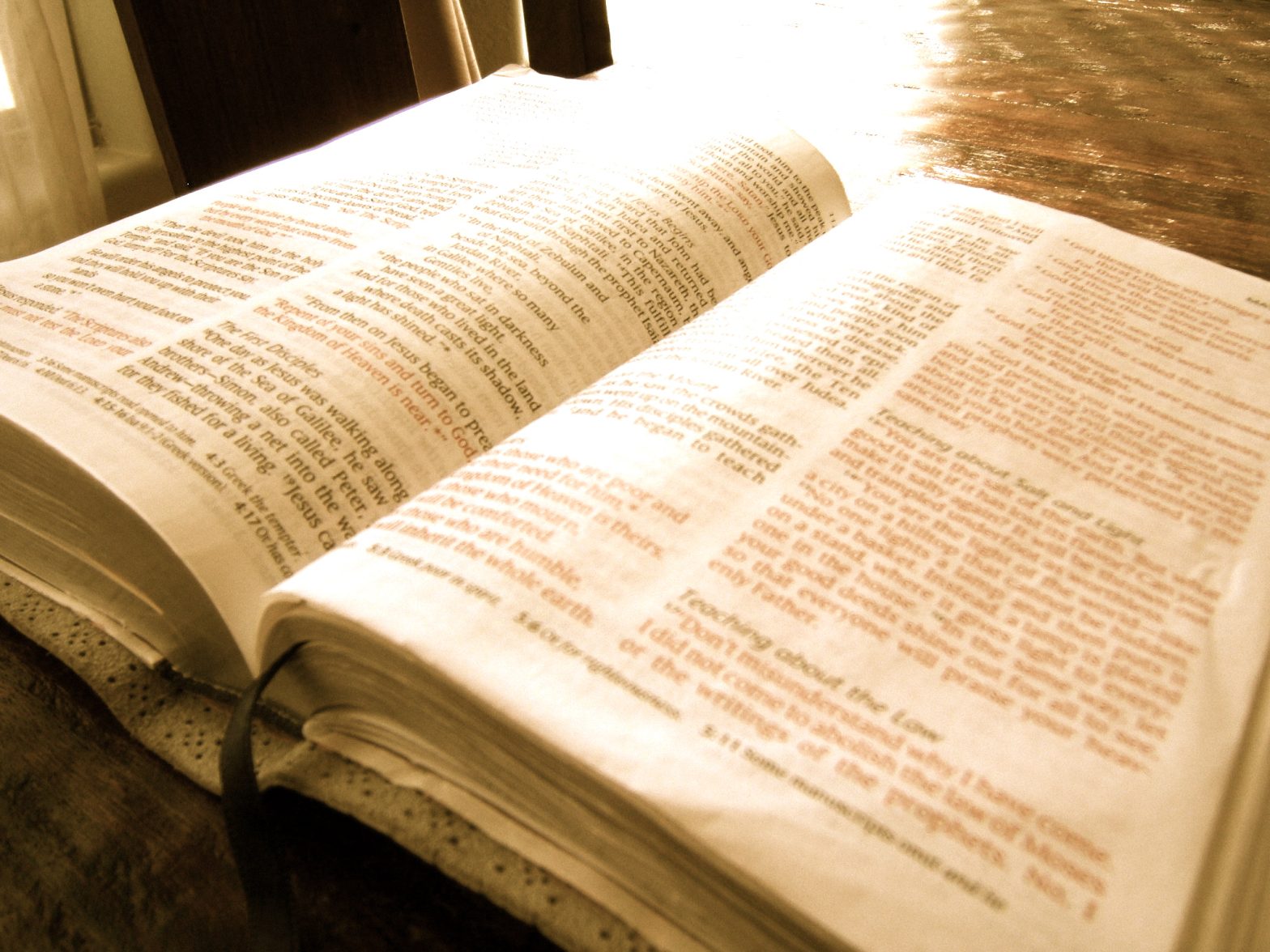THE SEED
“These were more noble than those in Thessalonica, in that they received the word with all readiness of mind, and searched the scriptures daily, whether those things were so.” Acts 17:11
A powerful tool is perception. Perception is understanding or knowledge acquired via perception. To perceive is to distinguish; to be conscious of your environment (what is happening around you); to have a profound, mature understanding. So many of our actions are influenced by our perceptions of the world. However, how we interpret things—like words, people, and events—can be completely off. We must not assess folks who live among us based solely on appearance. We must learn to recognise them through the Spirit and respond appropriately. Every one of us is being called by the Lord to walk with more perception and discernment. Instead of ignoring the prompting of the Holy Spirit, we must get closer to Him and strive to learn more than we already do. Regarding the things of God, none of us have “arrived.” We all still have a ways to go. Instead of using our physical senses to perceive, we must use spiritual senses that originate from above. We have the option of walking in carnal perception or spiritual awareness. We have two options: we either fish all night and catch nothing, or we may return to our boats afterward and cast our net on the right side of the boat and make a catch.
PRAYER
Fill me till I am full. Let Your spirit direct my path. Amen
BIBLE READINGS: Acts 17:1-12
Àgbàrá Ìrò
IRUGBIN NAA
Ìrò je ohun èlò ti o lagbara. Ìrò jẹ oye tabi imọ ti a gba nipasẹ irisi. Lati woye, ni lati ṣe iyatọ; lati ṣe akiyesi agbegbe rẹ ohun ti o nṣẹlẹ ni ayika rẹ; lati ni oye ti o jinlẹ, ti o mu ọgbón wà. Nitorinaa ọpọlọpọ awọn iṣe wa ni o njẹ jade lati ipasẹ iwoye wa nipa agbaye. Bi a ṣe ntumọ awọn nkan, bii awọn ọrọ, eniyan, ati awọn iṣẹlẹ, le jẹ ohun ti ko t’ọna. A ko gbọdọ ṣe ayẹwo awọn eniyan ti o ngbe laarin wa ki o da lori iri wọn sí nikan. A gbọ́dọ̀ kọ́ láti dá wọn mọ̀ nípasẹ̀ ẹ̀mí kí a sì dáhùn lọ́nà to yẹ.Olukuluku wa ni Oluwa pé lati rin pẹlu oye ati ìmọ. Dípò kí a kọ itọni sọnà ti Ẹ̀mí Mímọ́, a gbọ́dọ̀ sún mọ́ ọn, kí a sì sapá láti kẹ́kọ̀ púpọ̀ sí i, ju bí a ti ṣe tẹ́lẹ̀ lọ. Nipa awọn ohun ti Ọlọrun, ko si ọkan ninu wa ti o ti i de ìpele ti Ọlọrun fẹ.,Dípò ti a o fi ló ọgbọn tí ará ki a fi le ni imọ,, a ni lati ló ọgbọn tí ẹmi tí o ti òkè wà. A ni anfani lati máà rìn ninu ìmọ ará tàbí nínú ti ẹmi. A ni anfani meji: yálà kí a pá ẹja ni gbogbo òru kí a má ri ẹja kankan mú, tabi kia ju awọn wá sí apá ọ̀tún ọkọ kí a sì pá ọpọlọpọ ẹja.
BIBELI KIKA: Ise Awon Aposteli 17:1-12
